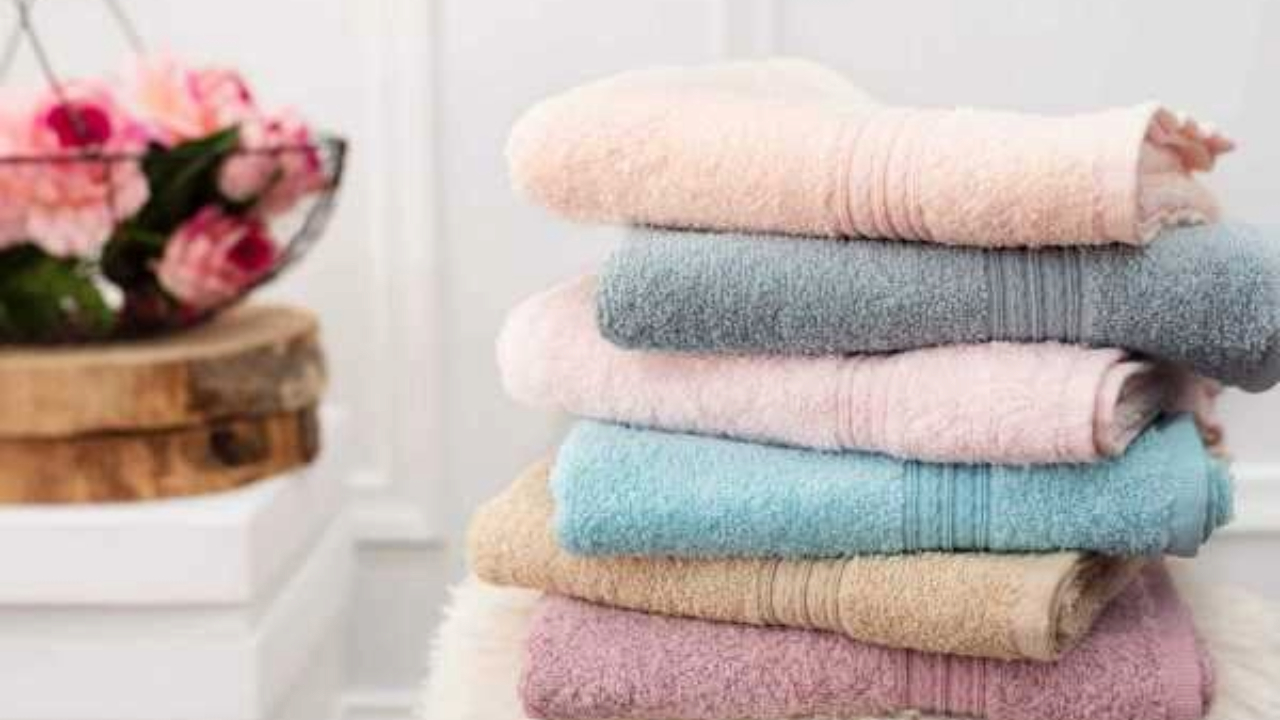When we think of comfortable, pleasant-to-the-touch clothing, softness is one of the first things that comes to mind. However, many fabric softeners on the market contain chemicals that can be harmful to both our health and the environment. Fortunately, it is possible to make your clothes softer using natural and cost-effective methods. In this article, we will explore several ways to effectively soften your clothes without the need for harsh chemicals.
The Importance of Soft Clothing
Before we explore techniques for softening clothes, it’s important to understand why softness is an essential factor in clothing care. Not only do soft fabrics feel pleasant to the touch, they can also extend the life of your garment by reducing wear and tear caused by stiff, rough fibers. Additionally, softer clothing tends to retain less dirt, making it easier to clean and maintain.
Natural Methods to Soften Clothes
- White Vinegar: The Natural Fabric SoftenerWhite vinegar is one of the most versatile and effective natural products when it comes to softening clothes. It works by breaking down the soap and mineral residue left in the fibers of clothes during washing, leaving them softer. To use vinegar as a fabric softener, simply add half a cup of distilled white vinegar to the fabric softener compartment of your washing machine. Don’t worry about the strong smell of vinegar – it will completely disappear after rinsing.
- Baking Soda: Softness and CleanlinessBaking soda is another powerful ally in the quest for soft clothes. In addition to softening, it helps neutralize odors and remove stains. To use it, add half a cup of baking soda directly to the washing machine drum along with your clothes. Baking soda is also effective in removing detergent residue, contributing to the softness of the fibers.
- Drying Balls: Efficiency and SavingsWool dryer balls are an eco-friendly option for softening clothes during the drying process. They work by separating the items and allowing warm air to circulate better, which reduces drying time and softens the fibers. You can also add a few drops of essential oil to the dryer balls to give your clothes a pleasant, natural scent.
- Sugar and Salt: A Surprising CombinationAlthough it may seem unusual, a mixture of sugar and salt can be an excellent solution for softening clothes. The sugar helps to break down tough fibers, while the salt acts as a gentle abrasive, removing built-up residue. To create this mixture, add one tablespoon of sugar and one tablespoon of salt to a bucket of warm water. Let the clothes soak for about 30 minutes before washing them as normal.
- Rice Cooking Water: An Oriental SecretA common practice in Asian countries, rice water is a powerful natural fabric softener. It contains starch, which helps relax the fibers of your clothes, making them softer. To use this technique, reserve the water after cooking the rice and let it cool. Soak your clothes in the rice water for about 15 to 20 minutes before rinsing and washing as usual.
- Milk and Lemon: Fabric Softener for Delicate FabricsFor more delicate fabrics, such as wool and silk, a mixture of milk and lemon can be a great option. The citric acid in the lemon helps remove residue, while the fats in the milk soften the fibers. Mix half a cup of milk with the juice of one lemon and apply directly to the clothes. Leave it on for 20 minutes before washing as normal.
Additional Tips for Keeping Your Clothes Soft
- Avoid Excessive Use of Detergent: Using too much detergent can leave residue on clothes, hardening the fibers. Follow the manufacturer's recommendations for the correct amount.
- Do Not Overload the Washing Machine: Washing too many clothes at once can prevent them from moving freely, which affects the washing and softening efficiency.
- Choose the Right Temperature: Washing clothes in cold water can help preserve the softness of the fibers, especially delicate fabrics.
- Air Drying: Whenever possible, choose to air dry your clothes. In addition to saving energy, air drying helps maintain the natural softness of fabrics.
Final considerations
Softening your clothes naturally and efficiently is not only possible, but also a smart choice for your health, the environment and your wallet. By adopting these simple, homemade techniques, you will be contributing to a more sustainable lifestyle, while enjoying the comfort of softer, more pleasant-to-the-touch clothes.
Remember, the key to keeping your clothes soft is in ongoing care and choosing the right methods for each type of fabric. With these tips, you can say goodbye to chemical fabric softeners and say hello to naturally soft, fragrant clothes.


